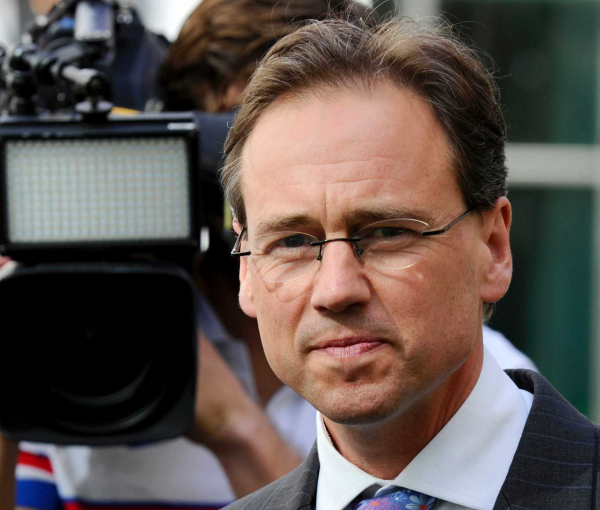Health minister Greg Hunt says the average 2.9 per cent increase in approved private health insurance premium increases is the lowest in 19 years and compares to the 3.8 per cent inflation rate for medical and hospital services.
Minister Hunt approved the annual increase, which will be applied from April next year, as one of his final acts for 2019.
He said, "Over 13 million Australian have private health insurance and 50% of people with private health insurance earn under $50,000.
"The Morrison Government supports Australians with private health insurance and we invest around $6.3 billion every year in the private health insurance rebate to keep cover affordable.
"In 2018-19, Australians have received a record $21.1 billion in benefits — 3 per cent more than the previous year."
The average 2.9 per cent increase, which came after Minister Hunt rejected requests for a 3.5 per cent rise, compares to 3.25 per cent this year and 3.95 per cent last year.
The increases by individual insurer include 3.27 for Medibank, 3.26 per cent for Bupa, 2.9 per cent for nib, 3.39 per cent for HCF and 1.9 per cent for HBF.
According to Private Healthcare Australia, "Premiums increase because funds are paying for more healthcare. 88% of the premium increases over the last decade are driven by claims expenditure growth. In terms of health expenditure, real growth averaged 3.9% per year in the decade to 2017-18. This is above general inflation, which currently sits at 1.7%."
“Health funds don’t want to increase premiums by a single dollar, but it is necessary to ensure health funds remain financially viable, meet statutory prudential requirements and most importantly, continue to be in a position to provide members with access to quality and timely healthcare,” said chief executive Dr Rachel David.
“Affordability is an issue across the health system. Public hospitals were guaranteed a 6.5% funding increase until 2025 through the COAG process, in contrast the average increase for PHI is 2.92%.
“Health funds understand that affordability and out-of-pocket costs are a major concern for consumers. The Government’s next phase of private health insurance reforms is underway. We will work with government and the health industry to advocate for changes that reduce the costs of healthcare, for the benefit of the 13.6 million Australians who have private health insurance,” she said.
“The private health insurance industry has worked tirelessly with the Government in recent years on its new product tiers and reforms to prostheses pricing, and is committed to finding additional ways to provide value to the 13 million Australians with cover,” said Members Health CEO Matthew Koce.
Members Health represents the 27 private health insurers that are not-for-profit and member-owned.
